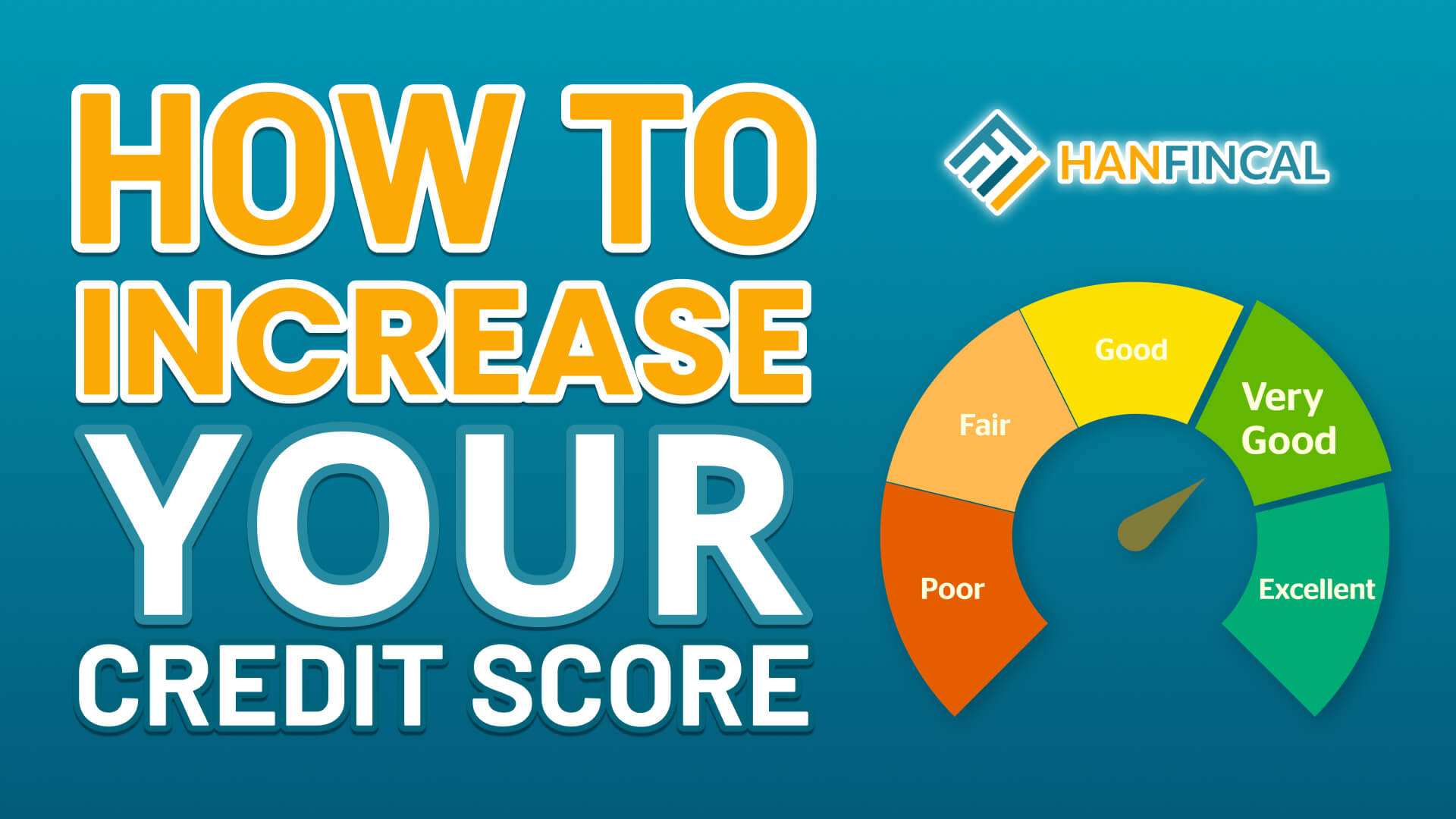What is a credit card billing cycle? Understanding your billing cycle is the first step toward using your credit card wisely. The billing cycle determines the amount payable for purchases made with your credit card. In this article, Hanfincal will provide everything you require. Stay tuned, and let’s get started.
1. What is a credit card billing cycle?
A credit card billing cycle is the period between the last statement closing date and the next, which typically lasts 28 to 31 days, depending on the card issuer. In other words, a billing cycle is a period during which charges for recurring services are incurred. Charges for an account are reflected on a billing statement, which is mailed to you after your billing cycle has ended.
Some billing cycles may begin and end on a date chosen by the creditor or when the account was opened. On the other hand, others may be monthly, starting on the first of the month and ending on the last day. However, a credit card’s billing cycle may be shorter or longer than a typical month.
The timeline between the end of a billing cycle and when your bill is due is your grace period, and if paying your balance off within this time frame, you will not be charged interest.
2. Where to find your credit card billing cycle?
Your billing date can be found on your monthly statement. The start and end dates for your billing period are usually found on the first page of your statement, near the balance. Your card company may list the number of days in your billing cycle, or you’ll have to count them yourself. You can count the number of days between the opening and closing dates.
Your billing statement will be mailed to your listed mailing address or e-mailed to your registered e-mail address. Logging into your mobile banking app will also allow you to view your most recent statements.
While credit cards can help you get out of a jam, you must know your billing cycle to avoid paying out of pocket. Make sure the bank allows you to change your billing cycle whenever you need to.

Where to find your billing cycle?
3. How does a credit card billing cycle work?
3.1. Payment dates
Your credit card payment is typically due 21 to 25 days after your billing cycle. If you accrue charges for failing to pay your bill or paying it late, they will appear on your next month’s statement because they are part of the next billing cycle.
By law, your due date must fall on the same date each month and has no bearing on the start and end date of your billing cycle following month’s statement, as they will be included in the following billing cycle.
Your credit card company will update your credit report at the end of the billing cycle, which is also the closing date of your account statement. The credit bureaus will report your account status as of the last day of your billing cycle.
3.2. Grace periods
The “grace period” is between the end of your billing cycle and your billing due date. You can usually pay your balance in full before the grace period expires to avoid paying interest on your balance. If you did not pay your balance in full after your last billing cycle, or if you transferred a balance or took out a cash advance, you may not be eligible for a grace period.
This is known as a grace period because it is the period during which you are “graced” with not being charged for not paying — though you can make an early payment if you wish, which can help boost your credit score.
Grace periods typically range between 25 and 55 days. Furthermore, if you pay your bill in full each month, you will not be charged interest on your purchases. On the other hand, if you pay less than the total amount, interest may begin to accrue.
3.3. How often does credit card billing occur?
This does not imply that every billing cycle is the same length. It ranges from 28 to 31 days, depending on the credit card company and the length of the month.
However, the Consumer Financial Protection Bureau (CFPB) requires that the billing cycle period not deviate from the expected date by more than four days. Therefore, variations in cycle length and payment due date are expected.
4. Can I change my billing cycle?
You cannot change your credit card billing cycle directly. You can, however, adjust your payment date, which will change your billing cycle indirectly because the dates between which the billing cycle falls must work backward from the grace period and thus the payment date. If the change is approved, it may take one to two billing cycles to take effect. Many credit card companies allow you to select from various due dates, allowing you to choose the best due date for your cash flow.

Can I change my billing cycle?
5. How does your billing cycle affect your credit score?
The billing cycle does not directly impact your credit score; however, missed payments, partial payments, paying only the minimum amount due, and so on will have a significant impact.
Whatever actions you take during a billing cycle, such as new purchases, balance transfers, or minimum payments, will be reported to one or more bureaus and appear on your credit report at the end of the cycle.
A missed payment can have a two-year impact on your credit score and can be reflected on your credit statement for up to 36 months. This is because card issuers report your credit card account data to credit rating agencies every 30-45 days. Whether intentional or unintentional, a single missed payment will impact your credit score.
Furthermore, if you need to improve your credit score in an emergency, you can use a service from an online center. You can get free credit scores online right now. Why are you delaying?
IMPROVE YOUR CREDIT SCORE FOR FREE
A credit card billing cycle, also known as a billing period or a statement period, is the time between two statement closing dates. It’s time to learn about this date to save you money in interest and penalties. Furthermore, making on-time payments does not affect your credit score. Plus, if you want to know anything about credit cards or other financial topics, let Hanfincal know, and we can help you.
==> Read More:




